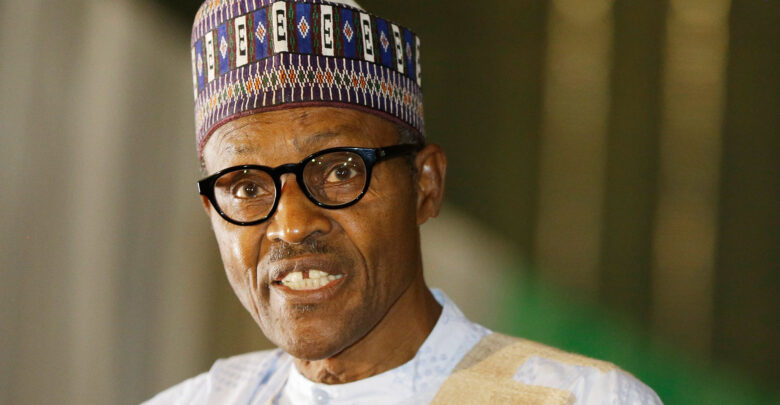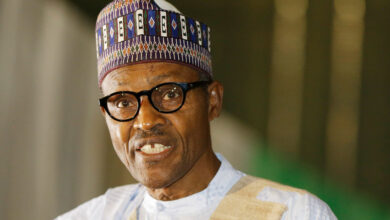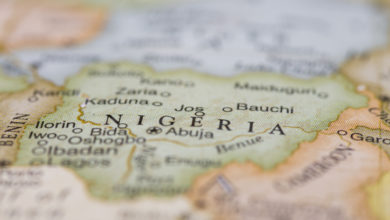Nigeria
Twitter Deletes Nigerian President Buhari’s Tweet Prompting Government Outrage

Twitter has deleted Nigerian President Muhammadu Buhari’s controversial tweet in which he threatened to punish those blamed for escalating attacks on government and security authorities, reported Africa News.
The tweet referred to the 1967-70 Nigerian Civil War and to treating those misbehaving in the language they understand. President Buhari didn’t mention the name of any particular group in his tweet.
Twitter said Buhari’s tweet violated its abusive behavior policy that resulted in a 12-hour suspension of his account.
“Many of those misbehaving today are too young to be aware of the destruction and loss of lives that occurred during the Biafra war,” Buhari wrote. “Those of us in the fields for 30 months, who went through the war, will treat them in the language they understand.”
The Nigerian president’s tweet vowed a response to waves of attacks blamed on the Eastern Security Network (ESN), an armed group that emerged from the main pro-Biafran secessionist movement, the Indigenous People of Biafra (Ipob).
In recent months, the ESN has been blamed for attacking police stations, government buildings, and electoral offices in southeast Nigeria, and killing a number of government and civil service officials.
The Nigerian military was widely accused of potential war crimes and abuses. Millions of people died from hunger and malnourishment after a government-backed blockade was imposed by the army.
Nigeria’s Information Minister Lai Mohammed called Twitter’s move unfair, labeling it as double standards.
Notably, Twitter has a long and detailed list of material that should not be used in tweets, including abusive behavior, harassment, discrimination, and violent threats, with various levels of action for violating rules, including post removal and account suspension or deletion.
Former US President Donald Trump was probably the most high-profile figure whose Twitter account was suspended, over incitement of violence following attacks on the US Capitol in January.






